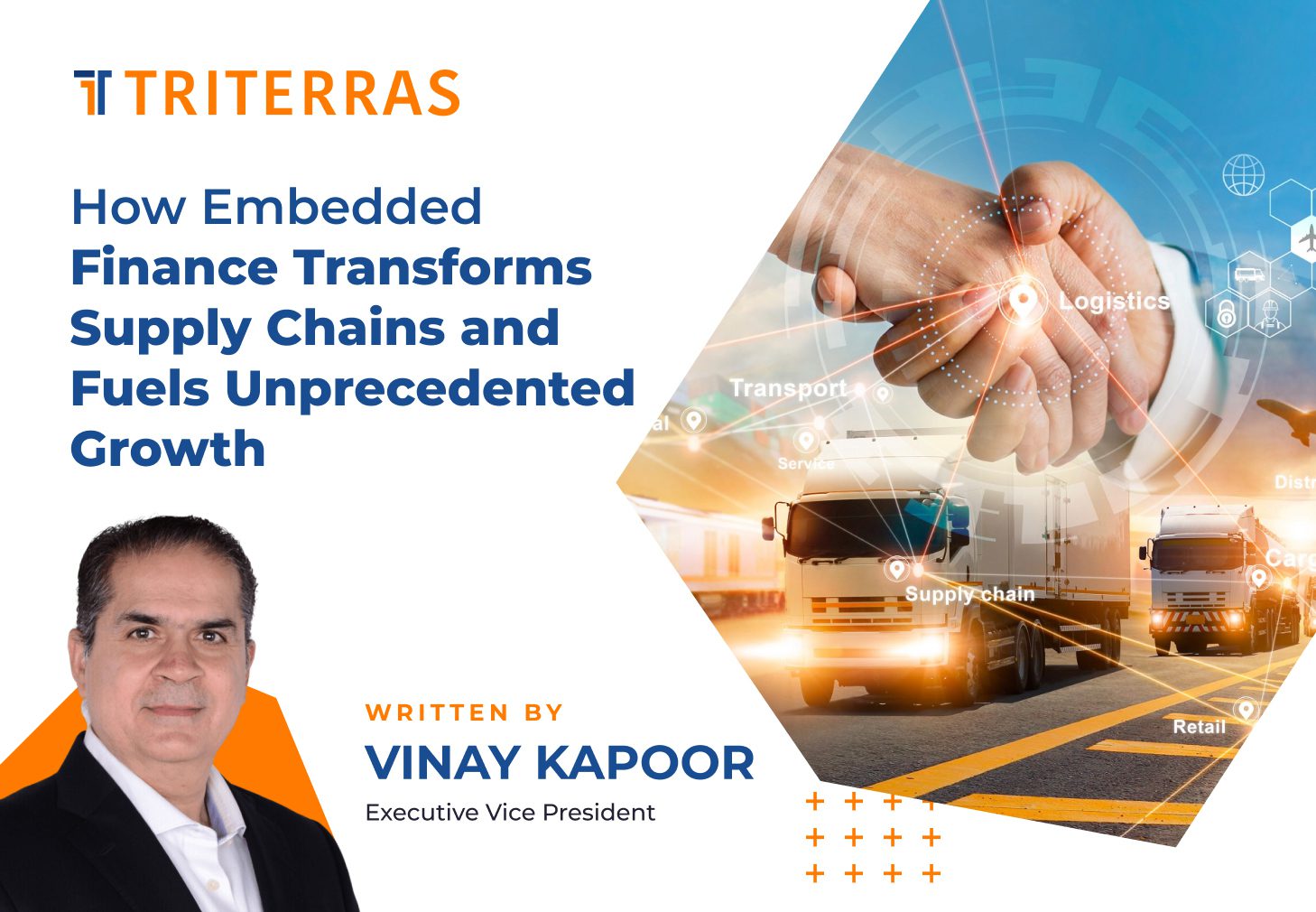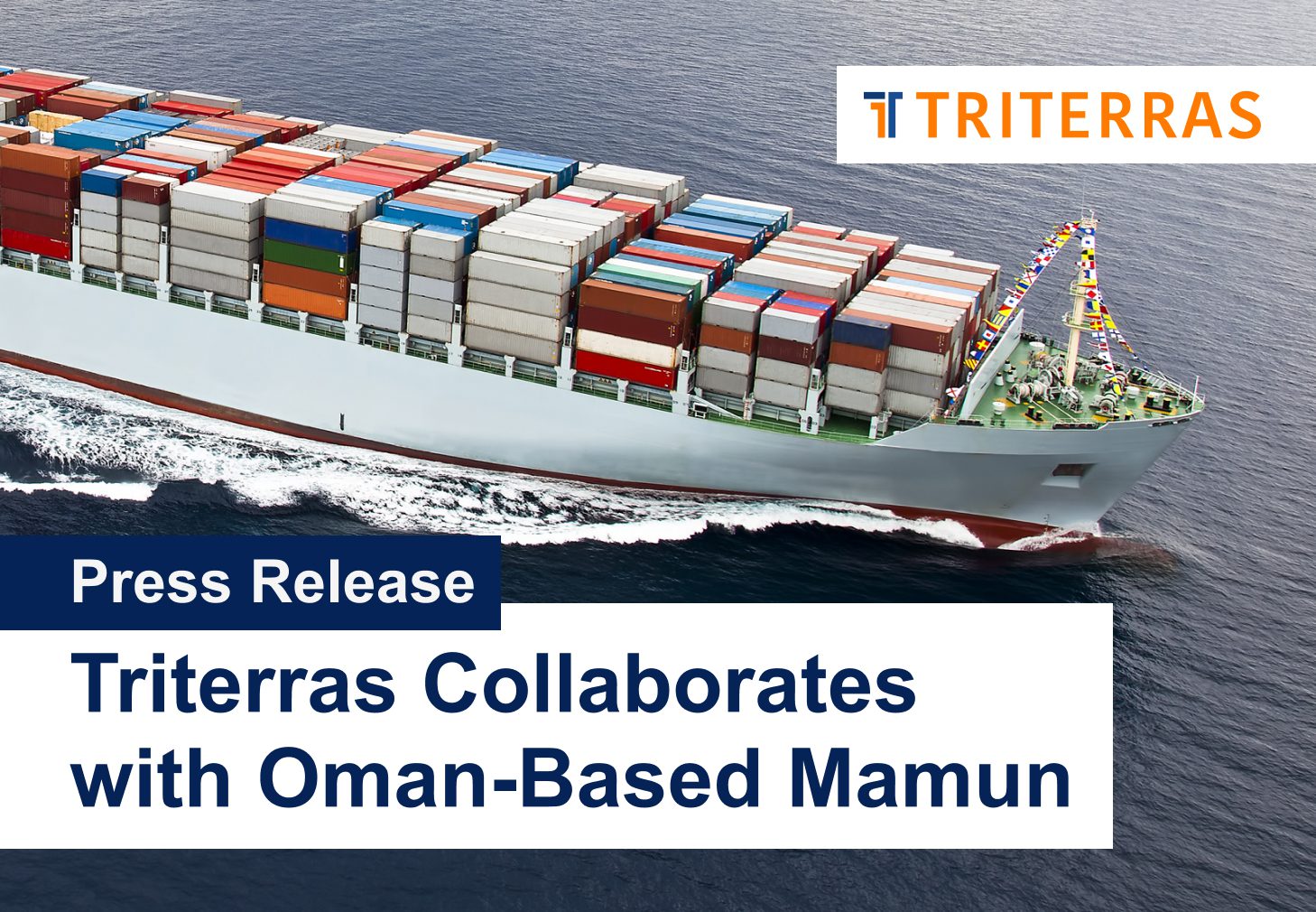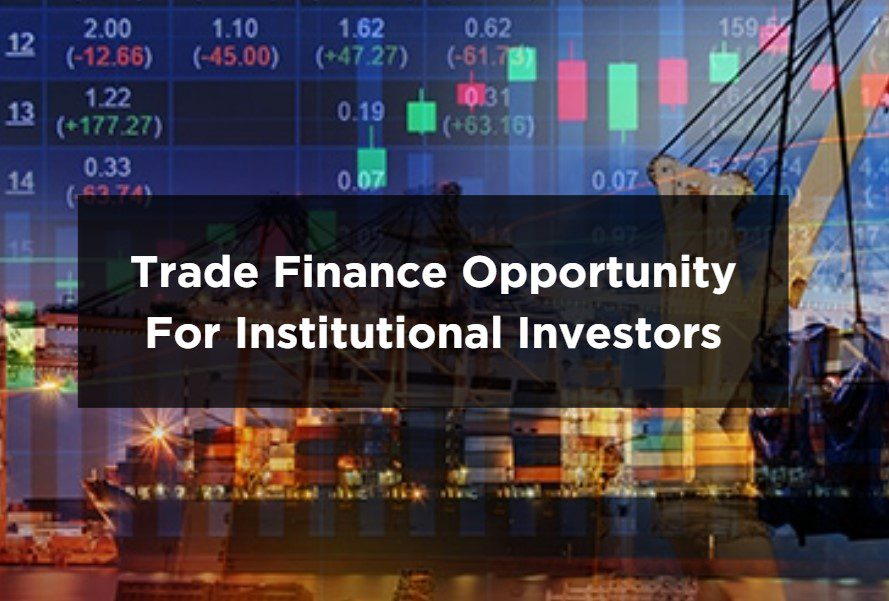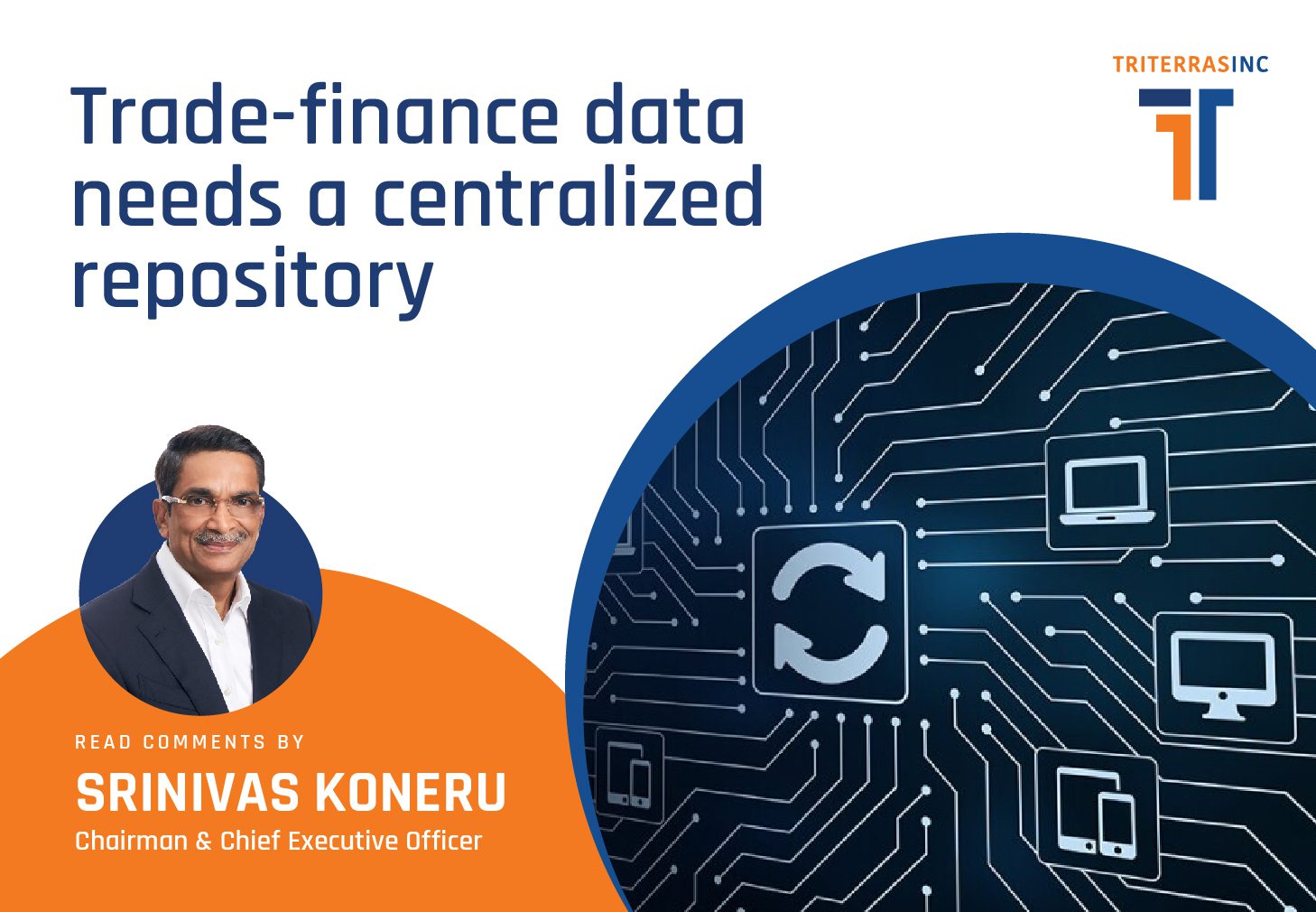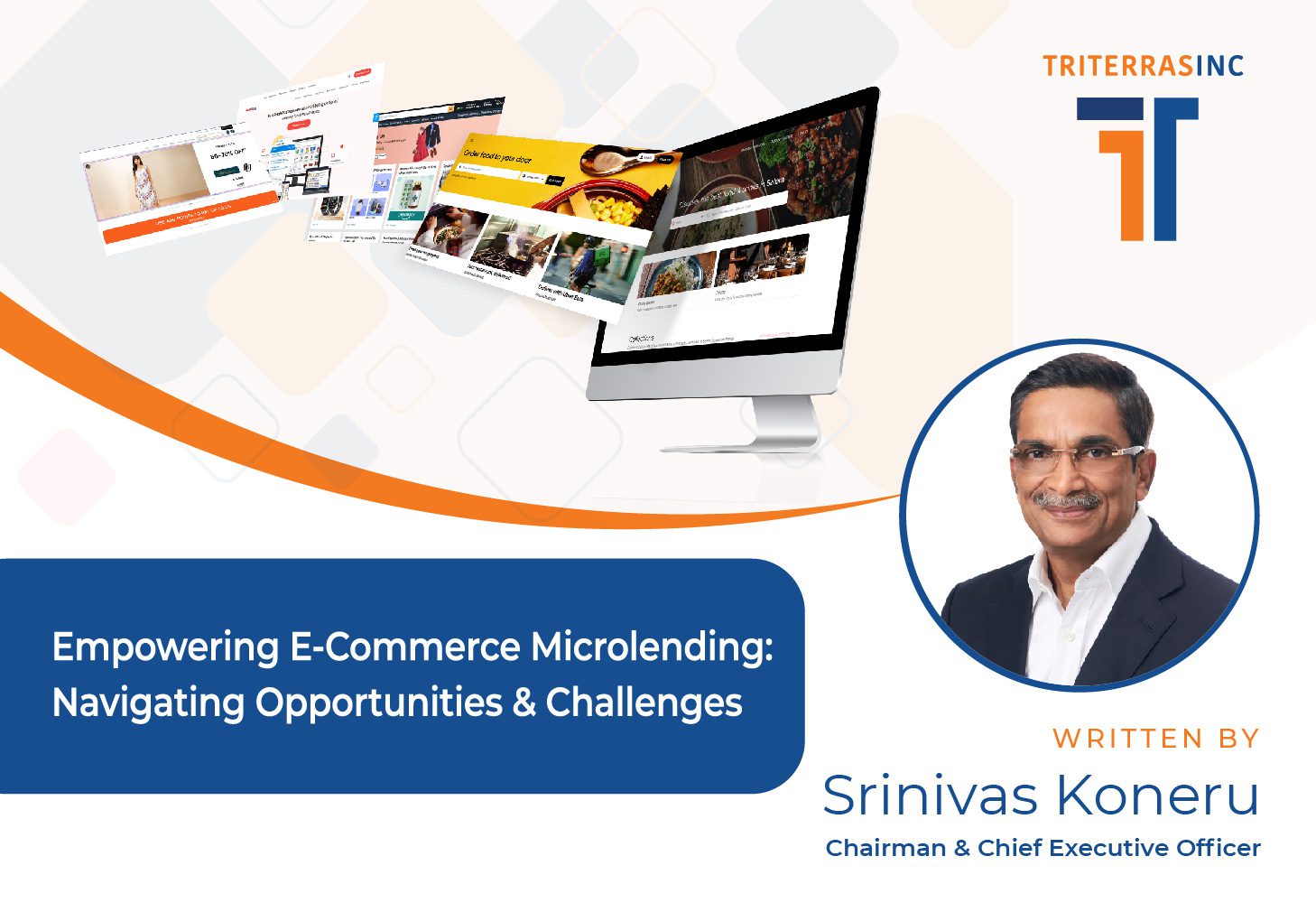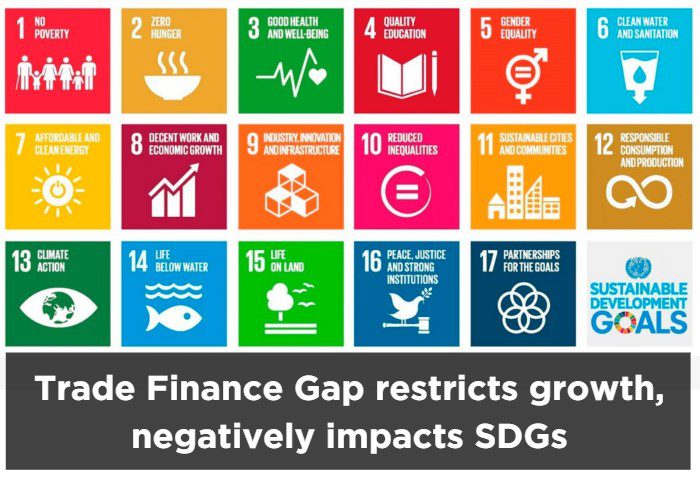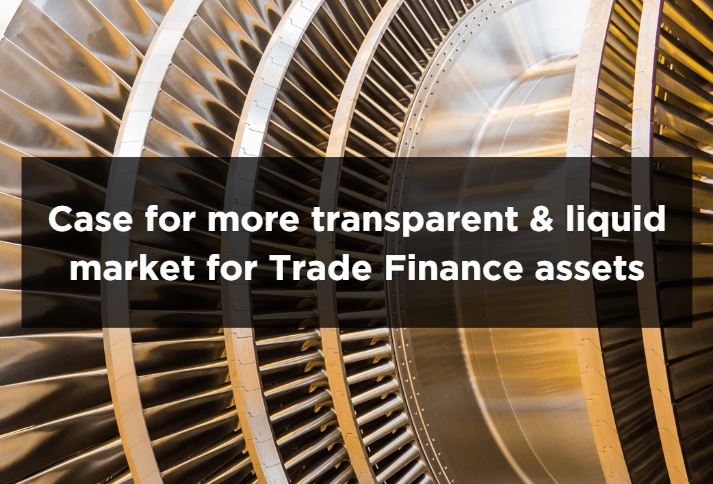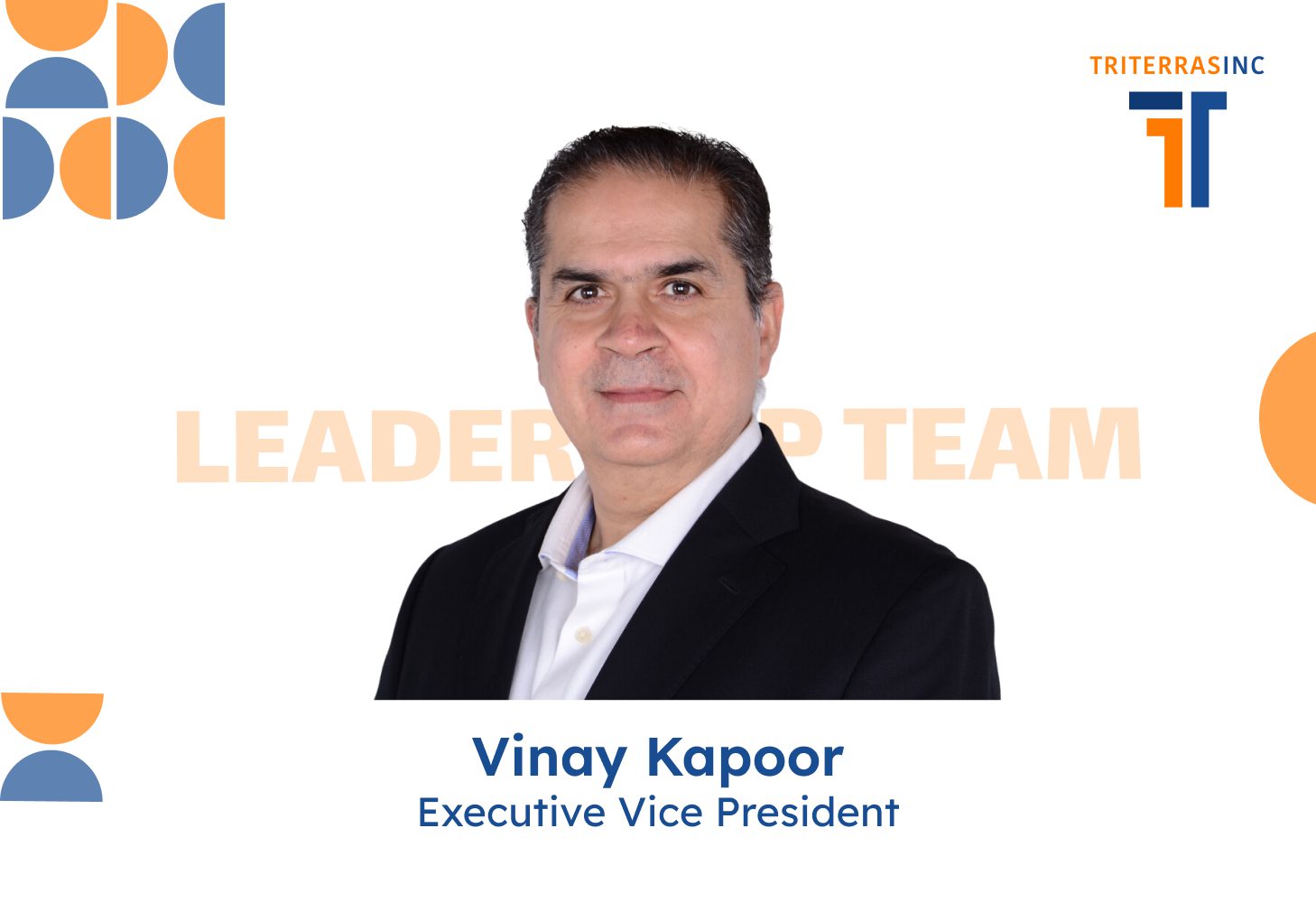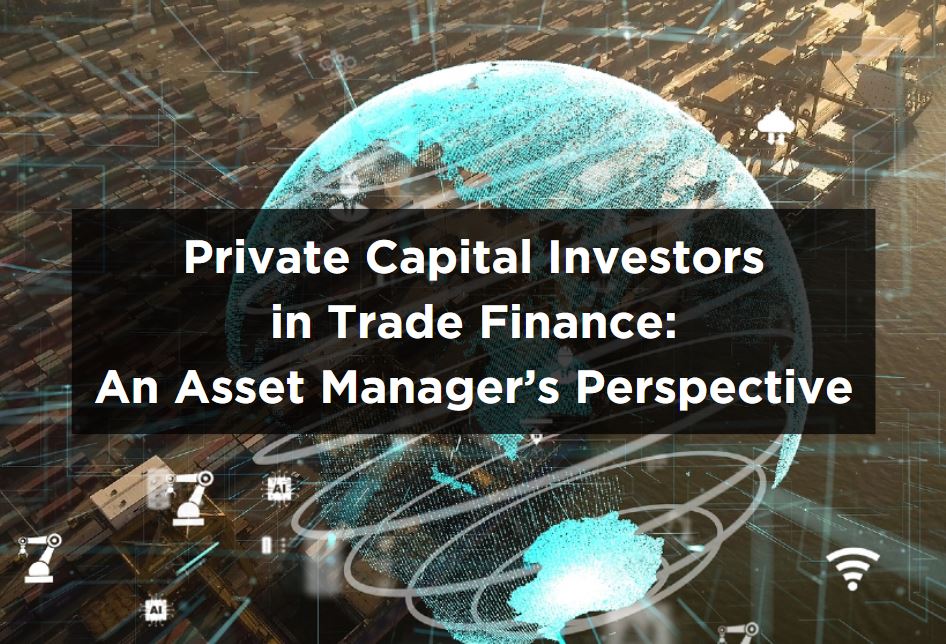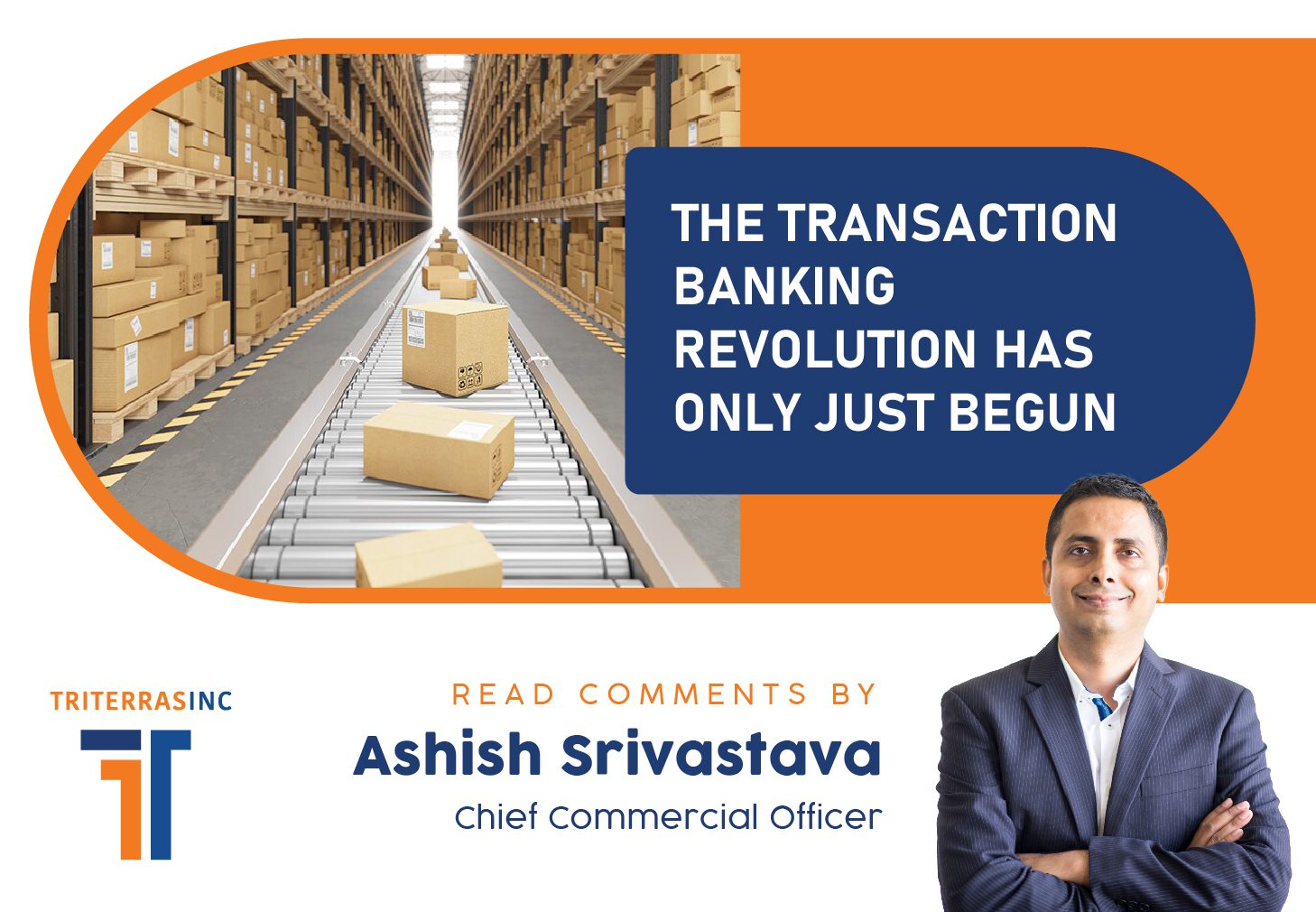In the contemporary global business environment, there is an imperative for environmental sustainability, triggering a significant shift towards eco-friendly practices. Small businesses, acknowledged as vital contributors to global economies, are increasingly recognizing the critical need to embrace sustainable trade practices. Fintech has emerged as a crucial catalyst, motivating and supporting these enterprises on their path towards environmental responsibility through sustainable trade finance.
The impact of fintech in the realm of sustainable trade finance is extensive and diverse. At its core, fintech leverages digital solutions and innovative technologies to overhaul traditionally cumbersome processes associated with international trade. The era of paperwork-intensive documentation is gradually yielding to efficient digital alternatives, substantially reducing the environmental footprint linked to excessive printing and transportation. Furthermore, fintech introduces smart contracts and blockchain technology, elevating transparency and traceability within supply chains—integral components of sustainable trade practices providing businesses with a clear and immutable record of transactions.
Small businesses can leverage blockchain technology to establish transparent and traceable supply chains, ensuring ethical sourcing and aiding in the identification and elimination of unsustainable practices. Fintech companies exemplify this by using blockchain to trace product origins, providing consumers with detailed information about the environmental impact of their purchases.
Fintech’s data analytics capabilities continue to be instrumental in assessing and mitigating risks associated with sustainable trade practices. Through the analysis of various factors such as a supplier’s environmental impact and compliance with eco-friendly standards, fintech platforms empower small businesses to make informed decisions. This not only reduces the risk of negative environmental consequences but also enhances the overall sustainability of the supply chain.
Automated compliance monitoring by fintech solutions remains particularly beneficial for small enterprises, especially when they lack manpower to manually track evolving environmental regulations. These solutions ensure businesses stay compliant, contributing to the overall sustainability agenda.
On the financial frontier, fintech introduces alternative models seamlessly aligned with sustainability goals. Crowdfunding platforms, peer-to-peer lending and blockchain-based financing democratize access to funds for small businesses engaged in eco-friendly initiatives. This transformative shift not only diversifies funding sources but also empowers environmentally conscious investors to actively contribute to sustainable trade practices, thereby fostering a more inclusive financial ecosystem.
Fintech, by establishing a marketplace for green financing, significantly broadens access to capital for initiatives prioritizing environmental considerations. Beyond just green lending, fintech has democratically opened up sustainable investment opportunities. Green finance, a pivotal aspect of this transformative landscape, is gaining increasing traction, encompassing a spectrum of financial products and services expressly designed to support environmentally sustainable projects.
Renowned for their agility and adaptability, small businesses are emerging as trailblazers in adopting sustainable trade practices with the pivotal support of fintech. The operational efficiency facilitated by fintech in trade processes seamlessly translates into cost savings for these businesses. The reduction in paperwork, accelerated transaction processes and optimized supply chain management all contribute to lowering operational costs, empowering businesses to allocate resources towards sustainable initiatives without jeopardizing their financial stability.
Beyond individual businesses, the impact of fintech on sustainable trade practices resonates across the global landscape. The digitization of trade processes not only enhances efficiency but also facilitates cross-border transactions, enabling businesses to engage in international trade more seamlessly. This increased connectivity opens up new opportunities for small businesses to participate in global value chains, fostering a more interconnected and collaborative approach to sustainable trade.
In the context of fostering sustainable trade finance, the United Arab Emirates (UAE) stands out as a region actively embracing innovative fintech practices. Initiatives such as the Sustainable Fintech Pledge, aimed at integrating sustainability principles into the operations of fintech companies, contribute to a more resilient and prosperous future. Spearheaded by the UAE Ministry of Climate Change and Environment (MOCCAE) and the Middle East and North Africa Fintech Association (MFTA), these initiatives underscore the commitment to integrating sustainability into the fintech landscape.
The Sustainable Fintech Pledge encourages fintech companies to embed eco-friendly practices into their operations. Major financial hubs in the UAE, including Abu Dhabi Global Market (ADGM) and Dubai International Financial Centre (DIFC), have pledged their commitment to sustainability through this initiative. This pledge serves as a powerful testament to the UAE’s dedication to aligning fintech operations with broader sustainability goals. Additionally, the UAE government provides financial incentives to companies aligning with eco-friendly practices. Tax exemptions, grants and other forms of financial support create an environment conducive to the development and implementation of eco-friendly solutions.
In conclusion, fintech is emerging as a key driver in promoting eco-friendly practices among small businesses engaged in international trade. Its transformative impact extends from streamlining processes and enhancing transparency to introducing alternative financing models that align with sustainability goals. Small businesses, leveraging the agility provided by fintech, are becoming pioneers in adopting sustainable trade practices. On a global scale, the integration of fintech in trade processes is fostering a more interconnected and collaborative approach to sustainable trade. Challenges notwithstanding, the momentum towards sustainable trade finance facilitated by fintech is undeniable, offering a promising trajectory for a more responsible and environmentally conscious global economy. As small businesses increasingly embrace these innovative solutions, the stage is set for a global transformation where trade and technology converge to build a more sustainable and resilient world.
Note: The above article can also be found on pages 63 to 65 in the online magazine of Intelligence Fin.Tech here.






